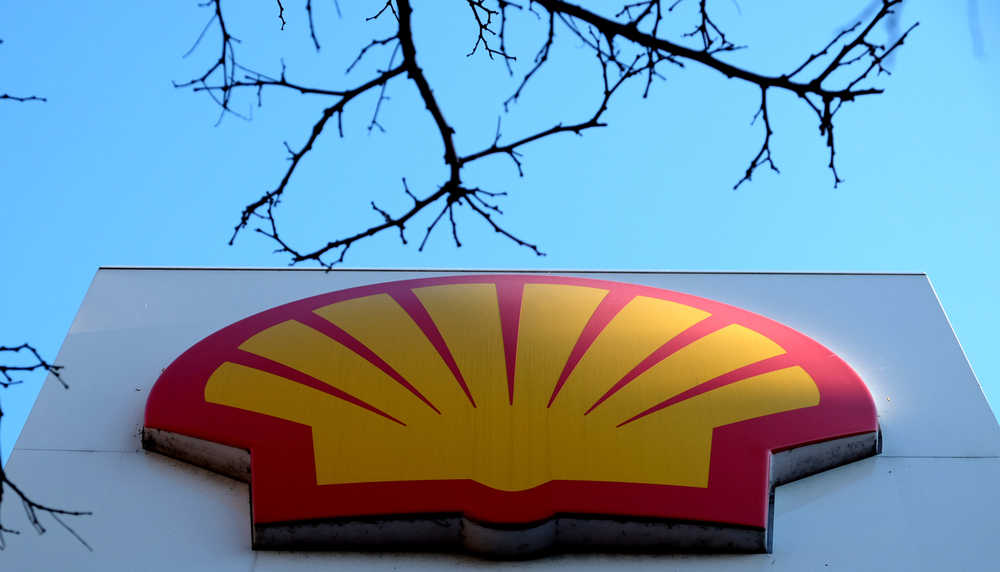LONDON — Royal Dutch Shell expects its fourth quarter profits to drop at least 40 percent to between $1.6 billion and $1.9 billion after a sharp drop in crude oil prices, but underscored its determination to press ahead with the proposed mega-merger with BG Group plc.
The Anglo-Dutch energy giant said Wednesday it released the figures for shareholders ahead of a vote next week on the proposed combination, a $69.7 billion deal widely seen as an effort to adapt to lower prices. The figures reported were on a current cost-of-supply basis, the oil industry accounting standard that takes into account fluctuations in the price of oil.
“Bold, strategic moves shape our industry,” CEO Ben van Beurden said. “The completion of the BG transaction, which we are expecting in a matter of weeks, will mark the start of a new chapter in Shell, to rejuvenate the company and improve shareholder returns.”
There have been concerns about the deal’s viability, given the collapse in oil prices. Energy companies are struggling to adjust to an age of lower prices after oil dropped to 12-year lows this month. Brent crude, the benchmark for North Sea oil, traded Wednesday at under $28 a barrel.
However, the BG deal will boost Shell’s oil and gas reserves by 25 percent and give it stronger foothold in the fast-growing liquefied natural gas market. BG separately released a statement detailing strength in its Brazilian and Australian operations — results that bolster the rationale behind the deal.
Shell said streamlining and integration from the BG merger would include the loss of 10,000 staff and contractor positions across both companies in 2015-2016. Capital investment for the two companies is currently expected to be $33 billion — which would represent a 45 percent reduction from a 2013 peak of combined spending.
Shell is also selling assets, and said preparations were “well advanced” for $30 billion in asset sales in 2016-2018 — assuming the deal is completed.
“In addition to divestments, Shell has taken impactful decisions in 2015 to reduce longer term, low return upstream positions, such as the exit from Alaska exploration for the foreseeable future, cancellation of Carmon Creek heavy oil project and exit from shales positions in multiple countries,” van Beurden said.
The markets reacted badly to the news in early trading, with the stock price down just over 5 percent to 1,291 pence by midmorning in London.
But analysts such as Richard Hunter from Hargreaves Lansdown said the pledge of the company to maintain the dividend continues to be an attraction to shareholders.
“The significant reduction in operating costs and capital spending are prudent and necessary moves, whilst the asset disposal program looks likely to accelerate if the BG deal proceeds as expected,” he said. “Each of these contributes to a cash position which, all things being equal, should protect the dividend for the foreseeable future.”

